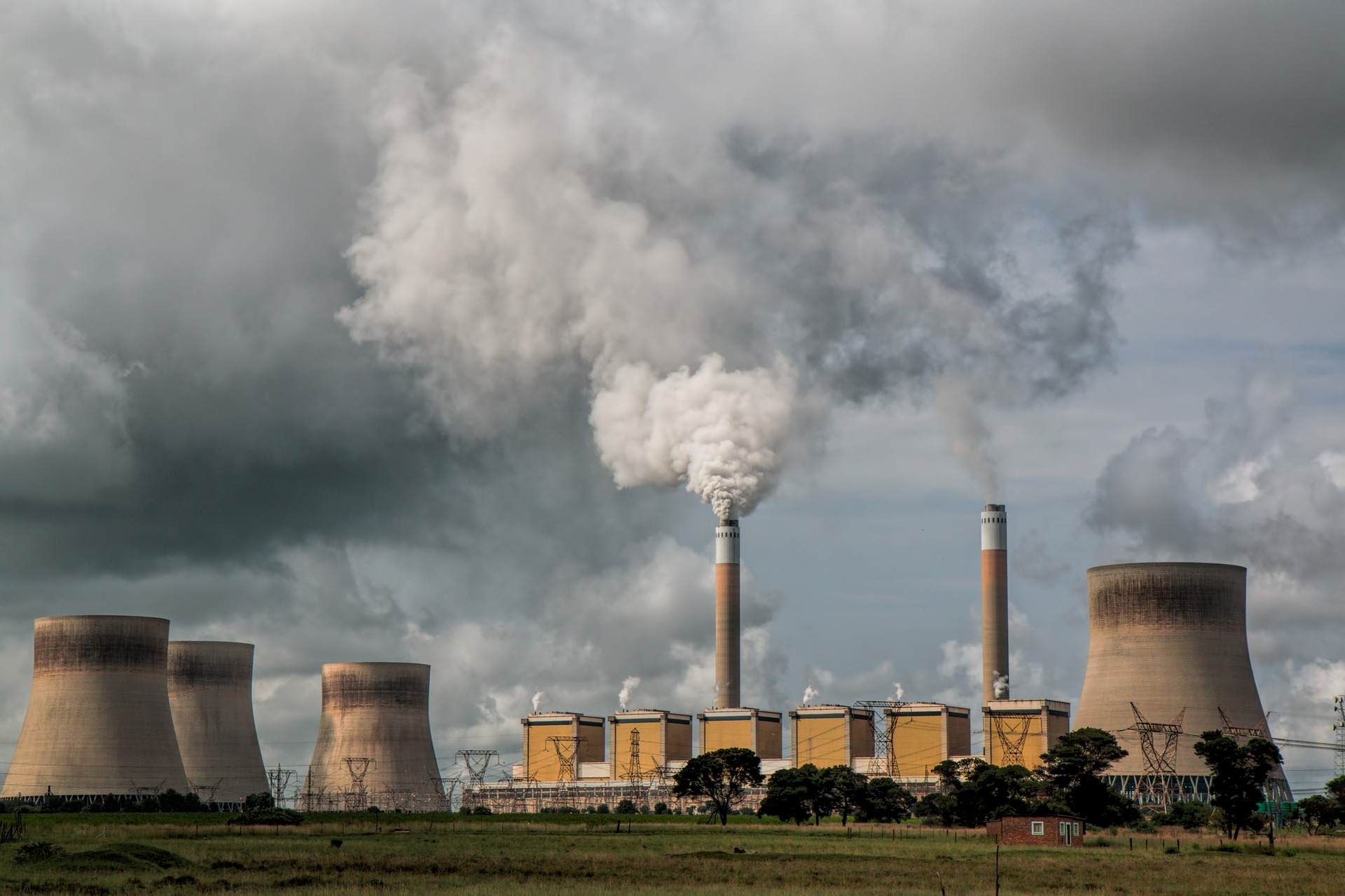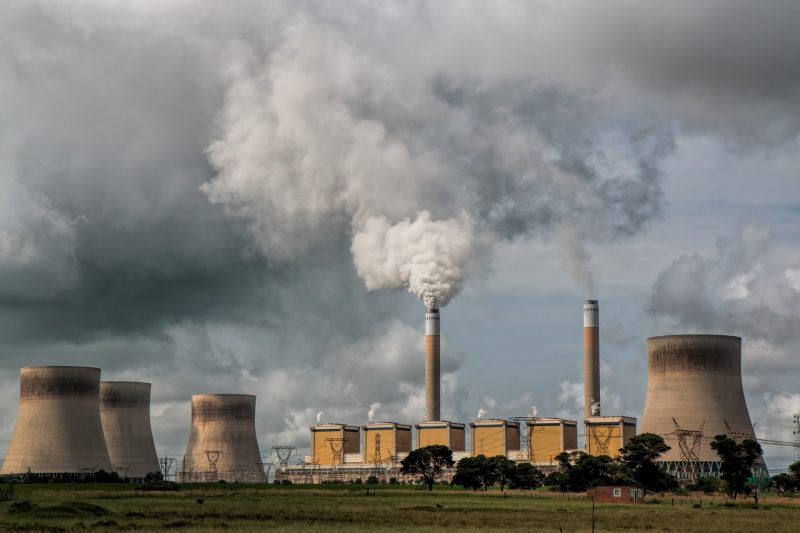Climate change is a planetary issue and it needs to start being treated as one


If you would have told me a few weeks ago that I would come away impressed the most by the leader of the Bloc Quebecois, I probably would have snickered at your joke. To my surprise, I was taken aback by the bluntness and seriousness of Bloc leader Yves-François Blanchet — especially on the topic of climate change.
Here was a leader not pandering about economic cost and national responsibility, but talking about climate change as a “planetary issue.” It was a brutally honest response that put all the governments of the world in the spotlight. It was a position that no other leader had the courage to take.
Blanchet is in a truly unique position on the debate stage. He is, after all, the only leader of a federal party who unequivocally says that he does not want to be Prime Minister of Canada. His push to make Quebec an independent country and his many comments in the debate prove as much. In other words, he had nothing to lose.
That reality allowed him to be more honest than the power-hungry politicians to his left. Climate change must always be put in the context of economics for leaders who have something to lose. No sacrifice is allowed.
Mentioning economic sacrifice for the sake of the planet is similar to a death sentence in politics. Even the Green Party finds outlandish ways to say that the ordinary person will not bear any financial burden for the transition to a green economy.
No person will vote for a politician who claims that their quality of life will diminish, no matter the state of the environment.
But why exactly is this? Surely there must be some who understand the immediacy of action. It’s hard to convince citizens that Canada’s actions alone can do anything when the largest economies in the world have become so large due to their lack of care for the planet.
When I say this, I mean already large economies, not developing ones.
Developing economies are put in an unfair position when they are told to not pollute and adopt expensive forms of renewable energy.
By enforcing the adoption of renewable energy, you are telling the less fortunate that they must continue to live in poverty — not for the environmental mistake they made, but the mistakes other economies have made.
They are not able to benefit from cheap forms of energy because it is now socially unacceptable due to the powerful countries of the world being rich enough to afford renewable energy.
Two of the world’s largest polluters, China and India, make almost no environmental promises. The third largest polluter of the world is the United States, which seems to bat the climate change issue back and forth politically.
We must accept the reality that if Canadian emissions dropped to nothing tomorrow, very little about the trajectory of the environment would change. The only way forward is to change the conversation surrounding climate change.
If you want to make progress on this issue, every conversation must be framed as planetary. Every country must understand the issue at hand and the consequences if nothing is done. This is the only way forward.

